How Immigration DNA Testing Works
Immigration DNA testing involves the collection of DNA samples from the petitioner, the beneficiary, and any other relevant family members. These samples are then analyzed to determine the genetic relationship between the individuals. The most common method of sample collection is through a simple and non-invasive cheek swab, which makes the process relatively quick and painless.
Once the samples are collected, they are sent to a certified laboratory for analysis. The laboratory conducts a thorough examination of the DNA samples to establish whether a biological relationship exists between the individuals. The results of the analysis are then provided in a formal report that can be submitted to the relevant immigration authorities.
The Importance of Accredited Laboratories
When undertaking immigration DNA testing, it is crucial to ensure that the testing is conducted by an accredited and reputable laboratory. Accredited laboratories adhere to strict quality control measures and maintain the highest standards of accuracy and reliability. This is essential in ensuring that the test results are recognized and accepted by immigration authorities.
Furthermore, accredited laboratories employ highly trained professionals who specialize in immigration DNA testing. These experts have the expertise to handle the samples with precision and conduct the analysis with the utmost attention to detail. By choosing an accredited laboratory, individuals can have confidence in the validity and credibility of the test results.
Legal Acceptance of Immigration DNA Test Results
Immigration DNA test results from accredited laboratories are widely accepted as conclusive evidence of a biological relationship. These results carry significant weight in immigration proceedings and can greatly influence the outcome of immigration applications. It is important to note that the test results must be accompanied by a formal report from the laboratory to be considered valid.
When submitting immigration DNA test results, it is essential to comply with the specific requirements of the immigration authorities. This may include providing documentation such as the laboratory’s accreditation, the chain of custody for the DNA samples, and other relevant details. Adhering to these requirements is crucial in ensuring that the test results are recognized and considered during the immigration process.
Conclusion
Immigration DNA testing plays a pivotal role in verifying biological relationships in immigration cases. By providing irrefutable evidence of a familial connection, this testing serves as a vital tool in supporting immigration applications. When seeking immigration DNA testing, it is imperative to engage the services of an accredited laboratory to ensure the accuracy and legal acceptance of the test results.
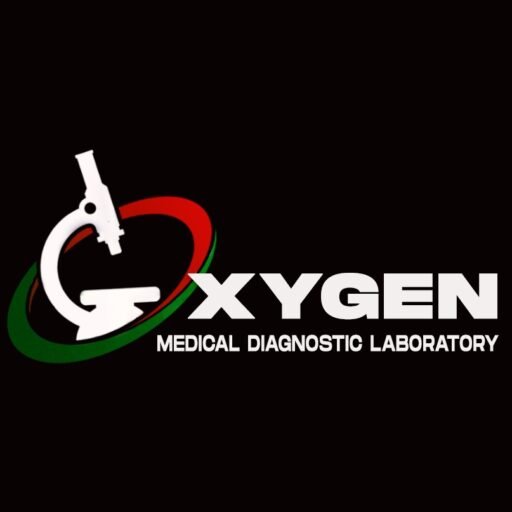
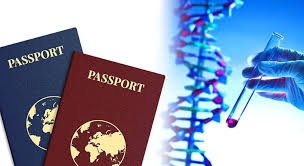
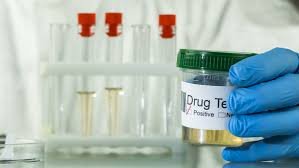

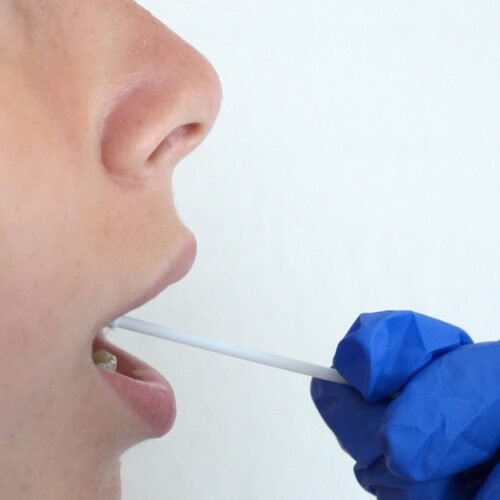
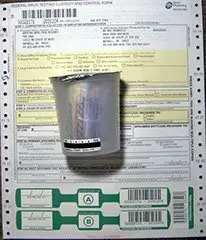
Reviews
There are no reviews yet.